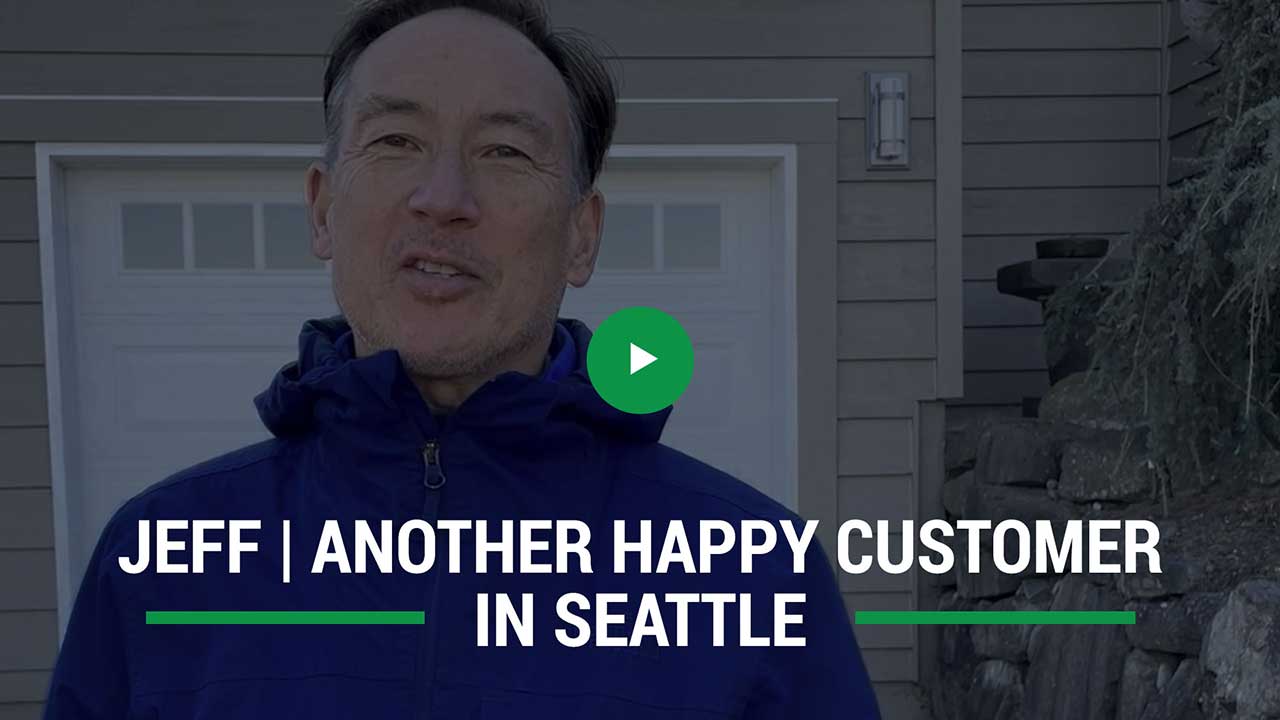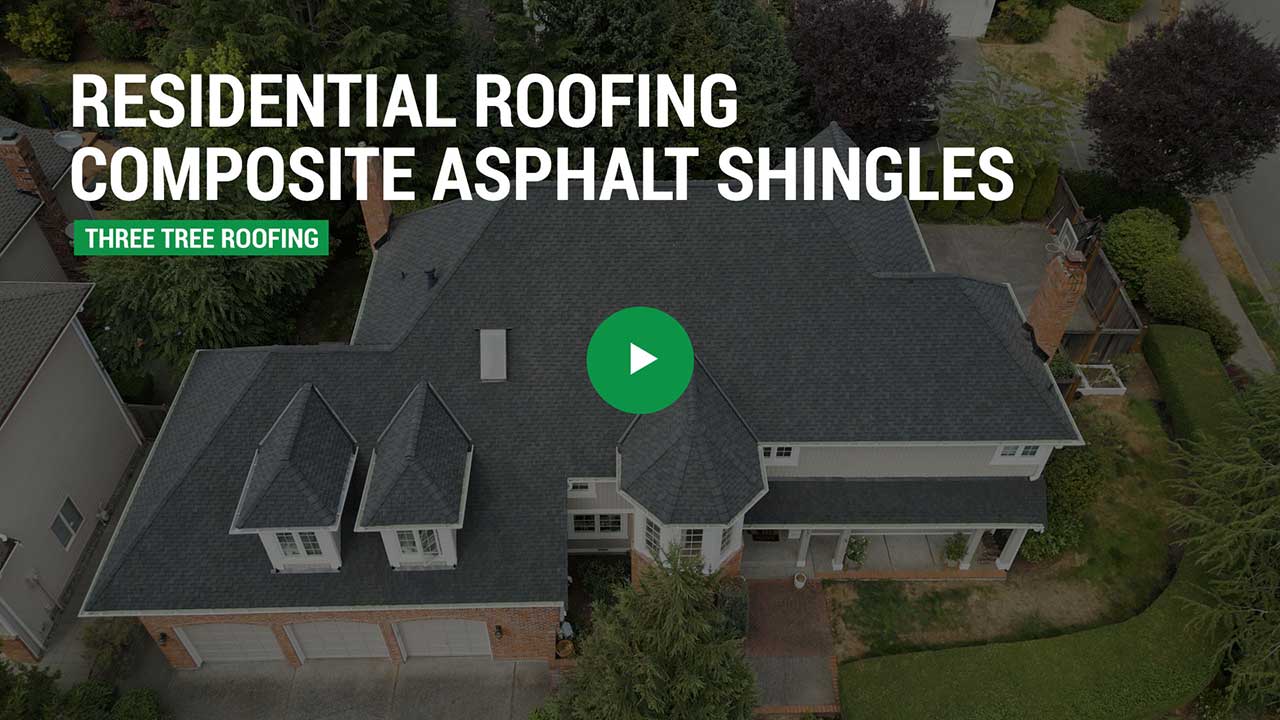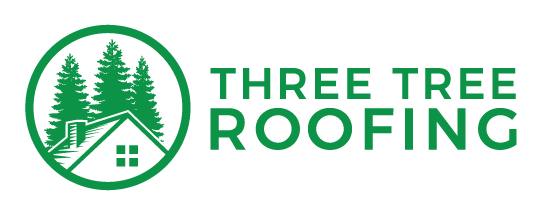Roofing Videos / Roofing Done Right
How to Find a Roofer
Video Summary
Duration: 11:58
Date Published: Mar. 24, 2024
Author/Presenter: CJ McConaghy
Roofing Topic: How to find a roofer
Roofing Type: Residential and commercial
Tools and Materials: Composite, metal, synthetic, cedar shake, TPO, Tesla and CertainTeed Solstice
Video Quality: 1080 HD video at 60fps
Tags/Keywords: How to find a roofer
Related Articles/Links:
Video Summary
This video includes 7 Tips From A Seattle-Based Roofer on How to Find a Roofer. Installing a new roof is a significant undertaking and a major investment for most homeowners! As homeowners and business owners running a roofing company in the Seattle / Puget Sound area, we wanted to share our thoughts on finding a roofer.
Our team of professionals are fully certified, insured and bonded roof specialists who are trained in roofing installation and are manufacturer trained. We guarantee that every job will be installed with the highest quality materials and workmanship. In addition to our residential division, we also have a dedicated commercial roofing teams to ensure that you have the very best craftsmen for your type of roofing project.
Video Transcript
Hi, this is CJ with Three Tree Roofing. I'm going over seven tips on how to find a roofer. Follow along, and we'll get you a roofer who will do a great job. Let's jump right in.
Tip #1: Get a referral from someone you trust. A referral could be from a family member, a neighbor, or somebody at work. Many times, you can find companies that do roofs in your neighborhood. It's a great place to start. It doesn't mean that's the only company you're going to use, but your neighbor might have asked other contractors to come out and look at their roof, and you can use what they've learned by asking them questions and seeing who they used.
Sometimes, a referral from a friend or somebody at work isn't necessarily the company you should use; It might be the company you shouldn't use. Sometimes, your friends know a company that might not be a good choice for your project, so it's good to ask around and see. Why do they think that? You can always call the contractor and check in with him, too.
A great tool out now is Next Door, an app you can download. What's neat about Next Door is that it keeps a search zone in the neighborhood, so you'll be able to see what your neighbors who are close by are recommending. And those companies generally do more work in certain areas. They're local. That's where they're from, your area.
Keeping guys close to home and things like that is beneficial to getting a new roof. Lastly, make sure the contractor's license is bonded and insured, of course, and that they have employees, not subcontractors. You can look up their labor industry's account. It's easy to do. You want to ensure you get someone using a quality product and a warranty to back the material and the labor. These are great things to ask about at the beginning of the interview phase.
Tip #2: Research online. Most of my research for anything I'm looking for is online research. The first thing we're going to do is start Googling. Type in a contractor's name, type in roofing near me, and things like that to find various roofing contractors. When they come up online, it's good to check them online in a few places, such as Google, Yelp, Angies List, HomeAdvisor, and Porch. There are several places you can go to and look at reviews.
I like reviews that have a description. Somebody has typed something. They save people's names, talk about how the crew was on the job, how clean it was when the company completed the job, and things like that. Reviews with just stars are good, too. Sometimes, people don't want to give reviews, but I like to look at the reviews where people talk to see what's happening. That's a great start. When looking at four-star reviews for companies, it's always good to make sure that they look like they're from a real person. There are programs and services you can use and pay for that will spam many reviews to one spot.
It's always good to make sure that a review comes from somebody who had a roof installed by that company. You can ask the company for a referral list; sometimes, they'll give you the contact information of some people you can call and talk to. That's another good way to check on the company. Another thing we can do is check with manufacturers. If you want a composition shingle roof, you can go to the manufacturer that makes that product and ask them who they recommend in your area. It's the same with metal roofing. We can ask them all these things: Who do you recommend? Can you give me three names of roofing companies? These are great ways to narrow it down. If the manufacturer recommends a company, it will probably be somebody pretty good.
To wrap this tip up, look at the company's experience. It's great if they've been in business a long time and the same group of people have been there, from the owners to the install crew to the office staff. These are all good signs that the company will stick around and be there to help you if you need it. You don't want to be a company's first or second roof. That's never great to be the guinea pig.
Tip #3: Avoid storm chasers. So this is an interesting one. We get bad weather, whether it be tornadoes, thunderstorms, wind, lots of tree damage, hitting homes, and causing roof problems. You will want a local company that knows the area and can come in and get your roof fixed and replaced. The storm chasers aren't familiar with the area. They usually don't live there. They're traveling from state to state, generally following the storms. The problem is that it's a quick get-in and get-out type of roof. If you call for help later, they're not there because they're chasing the storm somewhere else, usually in different states. It's not that these storms are happening close by, but they are happening very far away. We recommend working with somebody local who you can talk to and who knows the area. You may have bumped into them, seeing their trucks in your local area because they have your best interest in mind.
Tip #4: Talk to the candidates directly, which is an important tip. You want to get somebody on the phone. Try to call them to schedule a proposal, come out and look at the roof, and show you the options. A good indication right away is if they answer the phone or if an answering service answers the phone. It's important that when you call, you get someone who works for the company that picks up the phone. Maybe they don't pick up the phone right away. Leave a voicemail. If they call you back, that's a good sign, a sign to make sure that it's real people who are involved with the company. Once you get them on the phone, you can ask your questions. You can schedule a time that works for you and works for the contractor to come out and take a look at the roof. From there they should be able to show you different options that your roof will need.
Over many years of roofing, we have found that three tends to be the magic number. Three is the number of how many candidates you should be interviewing. If you don't interview three contractors, you might miss out on some good information others might have. If you interview more than three, sometimes you forget about the good ones. Because you've had many proposals, it all jumbles together. Three proposals are usually a good indication of what's going on. We typically have a high, a low, and a middle-priced proposal.
Make sure you're hiring a licensed contractor in your state; that's a big one. The contractor should have workers' comp that protects employees and protects you in case an employee is injured. They should also be able to provide proof of insurance and licensing. There are things you can check online, but it's essential to ask the contractor to give them to you. If they try and hide it for some reason, that's usually a red flag. It shouldn't be a problem for a contractor. The company should happily give you the documents to ensure their work is done properly and protected safely.
Tip #5: Judge the customer service. Good customer service will start with your initial research. You're online; we're looking for good reviews. We're looking at that company's website. So far, we're happy. We're impressed. We're going to call them. We hope they answer. If they do, again, we're impressed. Everything's going along the way it is supposed to. We want to make sure that throughout the entire process, it's the same.
We don't want to be wowed initially and told that everything is good and then have it fall apart when it comes time to replace the roof when it is being torn off. We need to make sure things are covered and installed correctly. We don't want that to be the short end of the stick.
If we're getting the red flags in the beginning, phones are not being answered, there's no voicemail, and the website isn't up to date, these are sloppy things that will probably lead to a bad install. It will take a lot of work to get the crew there daily, pick up the container, and pay the final bill. We want to make sure we're not seeing any of that stuff in the beginning before we pick our candidate.
Tip #6: Don't choose based on materials alone. Everyone can buy the best material out there. It doesn't mean it's going to be the best install. We want to make sure that we pick our contractors based on what they're going to be able to do for us, that they have good workers, that they're organized and communicative, and have good insurance. These things are much more important. We don't use inferior material by any means.
What makes a good roofing contractor good is their work; they do things the right way at every step. If they do everything right from the beginning, they will do good material installs. Different materials carry different warranties, and most warranties are similar.
We don't want to choose a contractor on the warranty alone because that does not indicate how the roofer will install it. If we have material with a fantastic warranty and the roofer installs it poorly, it doesn't have a warranty because of the wrong installation.
Again, we focus on the installation expertise and the company's reputation. If those are good, they will be using good material, and that material will come with a good warranty because the manufacturer wants to keep that roofer around. So we will pick a contractor and look at the warranty. It would be good to know what that manufacturer thinks of that contractor.
Tip #7: Get everything in writing and read it. The contract is an agreement between you, the homeowner, and the contractor on what work they will do. So, having a good scope of work and knowing what will happen throughout the project is important.
The contract should explain what happens if there's a change along the way, and if there's a change along the way, a change order is put in place. That's an OK thing to have. A change order says that we found some additional work during the project. Here's the additional work. Here's what needs to be done. Do you agree? You should sign it, and we can all move forward. It wouldn't be good for them to say we have extra work, and you say okay and then find out later that it was a whole lot of money, and no one knew. A change order is an okay thing to have in writing.
For our paperwork, for example, we do like to go through the scope of work, everything from our workmanship warranty that the manufacturer covers to the tear off, the cleanup, and the fact that we deliver Porta-potties, the fact that we have safety anchors in the roof for safety. All of that's in the proposal right away, so everybody knows what exactly we will be doing, and we'll do a bonus tip. We'll call it bonus Tip #8.
Bonus Tip #8: How to find a local roofer and why that's important. For example, we are in the Puget Sound region, so we're local to the customers we serve from Tacoma to Seattle all the way East. What's nice about this is that we're central to these locations. So, driving to different job sites costs less money, fuel, and time to get our crews back and forth. We know the areas and can usually take a back street and get there quicker than Google Maps will tell us.
It's important to find somebody local to your area who knows the area and what it will take to get there every day and complete the job. Doing something in an unfamiliar area isn't a benefit to anybody. It's tough on the contractors. They are not having a good time. It's tough on the homeowner. Things are taking longer. The crews aren't happy, so we like to keep them close to the job site. We have multiple crews and keep each crew close to home, wherever that job might be, making it easier and a better experience for everyone. The same can be true wherever you might live. Try to find a contractor that's close by, knows the area, and has crews that might also live in the area as a bonus. Those are just good things to keep everybody doing a good job.
All right, that wraps up our seven tips on finding a roofer. I appreciate you watching this. If you have any questions, you can put them in the comment section below. If you're close by, please reach out to us, give us a call, or shoot us an e-mail. If you have any questions and you're located anywhere, feel free to call us. We're happy to help any way we can. Thank you.



